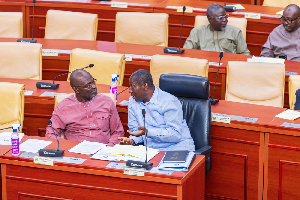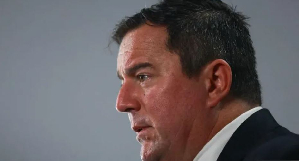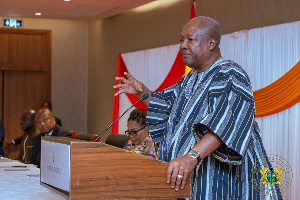Vice President, Dr. Mahamudu Bawumia has said interventions made by the Akufo-Addo administration has resulted in a reduced depreciation rate of the cedi by 50 percent since 2017.
According to him, the governing New Patriotic Party, through its economic interventions has shielded a low inflation rate which has since impacted positively on the gains of the cedi.
Speaking in an interview on Accra-based radio station on Peace FM on Tuesday, August 25, the vice president touted of Ghana having a flexible exchange rate which has led to the depreciation of the cedi.
“Ghana runs a flexible exchange rate regime and not a fixed exchange rate regime. So, the exchange rate will be dependent on the market forces but fundamentally the exchange rate will be determined by the inflation rate, with all other things being equal. So, if you have high inflation, you will have higher depreciation. If you have lower inflation, you will get a lower depreciation. So that is the fundamental rule,” he explained.
“We didn’t say we were going to lock the exchange rate at one rate but essentially lock it within the range of fundamentals such that the lower inflation rate will produce a lower depreciation rate of the cedi. Before we assumed office in 2017, the cedi was depreciating at 18 percent annually on average. But during our tenure from 2017 to 2019 it was 8.7 percent on average. So, it is 18 percent versus 8 percent. So, we have reduced by 50 percent the rate of depreciation of the currency,” the vice president added.
Dr Bawumia also declared that the fundamentals of Ghana’s economy are now strong and resilient as compared to what was inherited by the erstwhile National Democratic Congress.
“The way the currency was going under the NDC administration, the currency was 1 Ghana Cedi to 1 dollar almost at that time in 2009 but they left office with 4 Ghana Cedis to 1 dollar. So it was a quadrupling of the nominal rates of the Cedi and if it had followed on that trajectory, it would have been 16 Ghana Cedis to 1 dollar,” he stressed.
Business News of Tuesday, 25 August 2020
Source: www.ghanaweb.com













